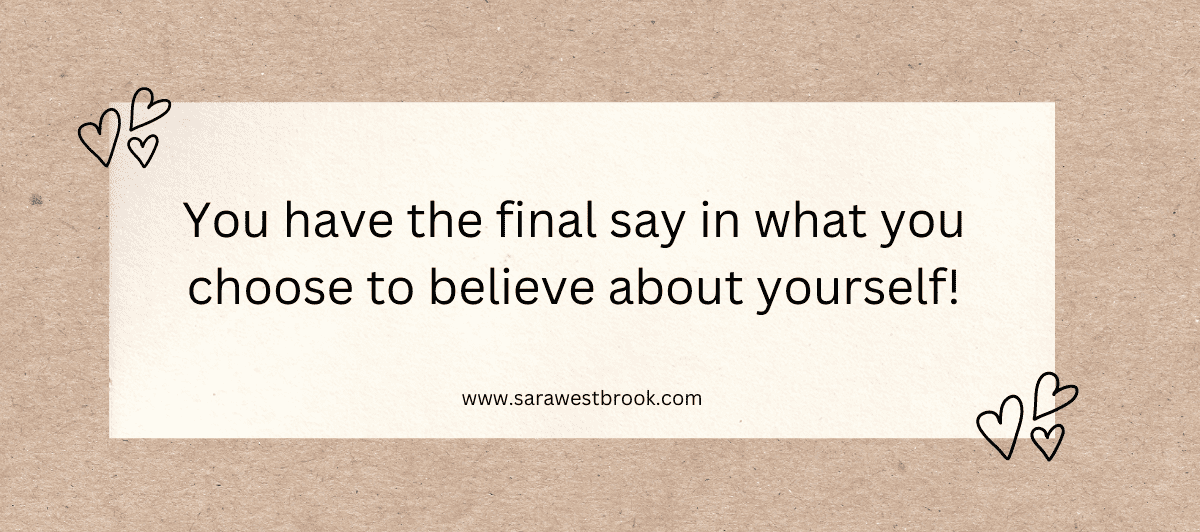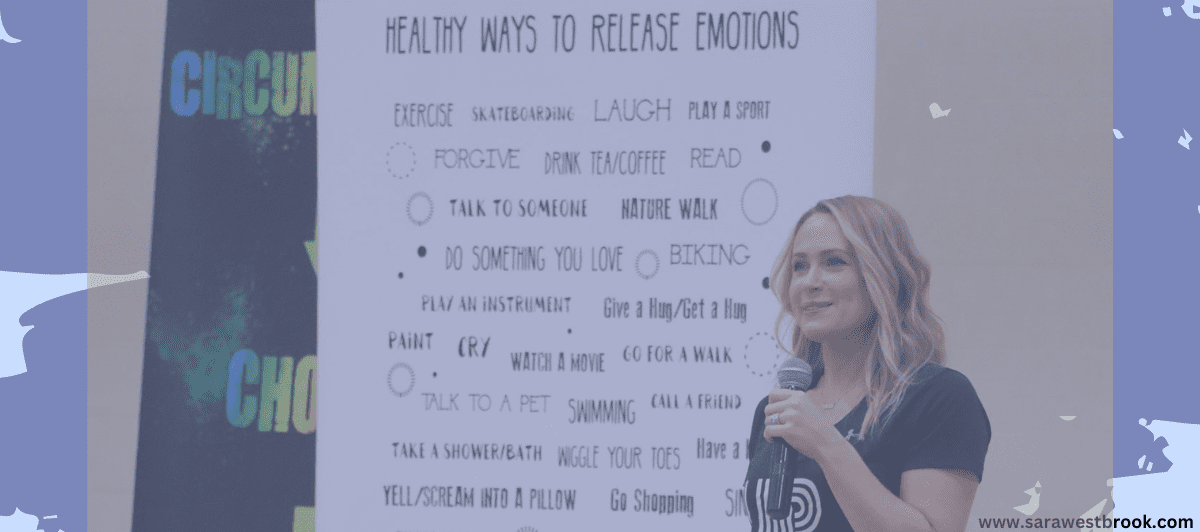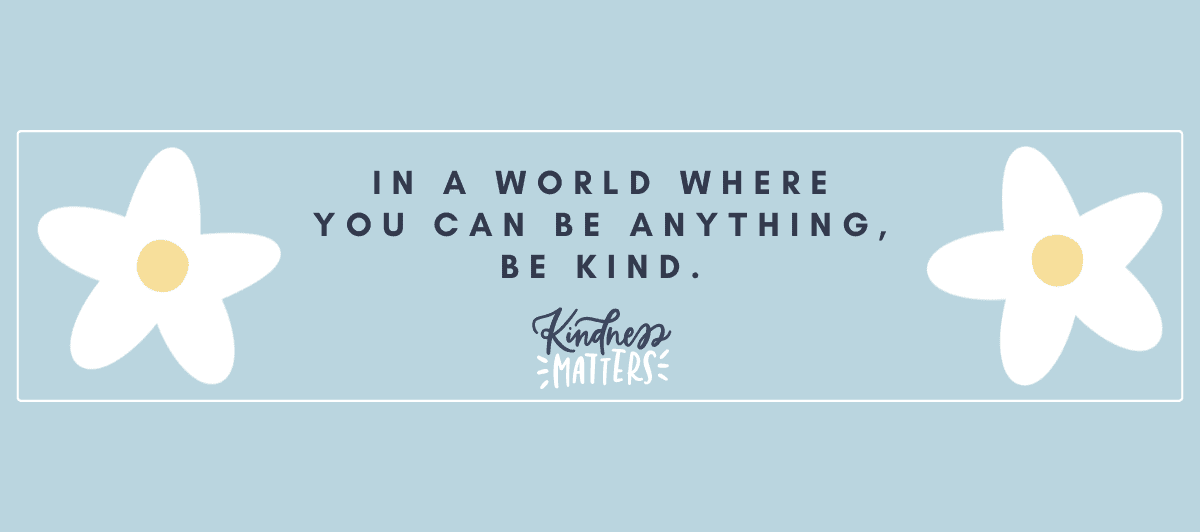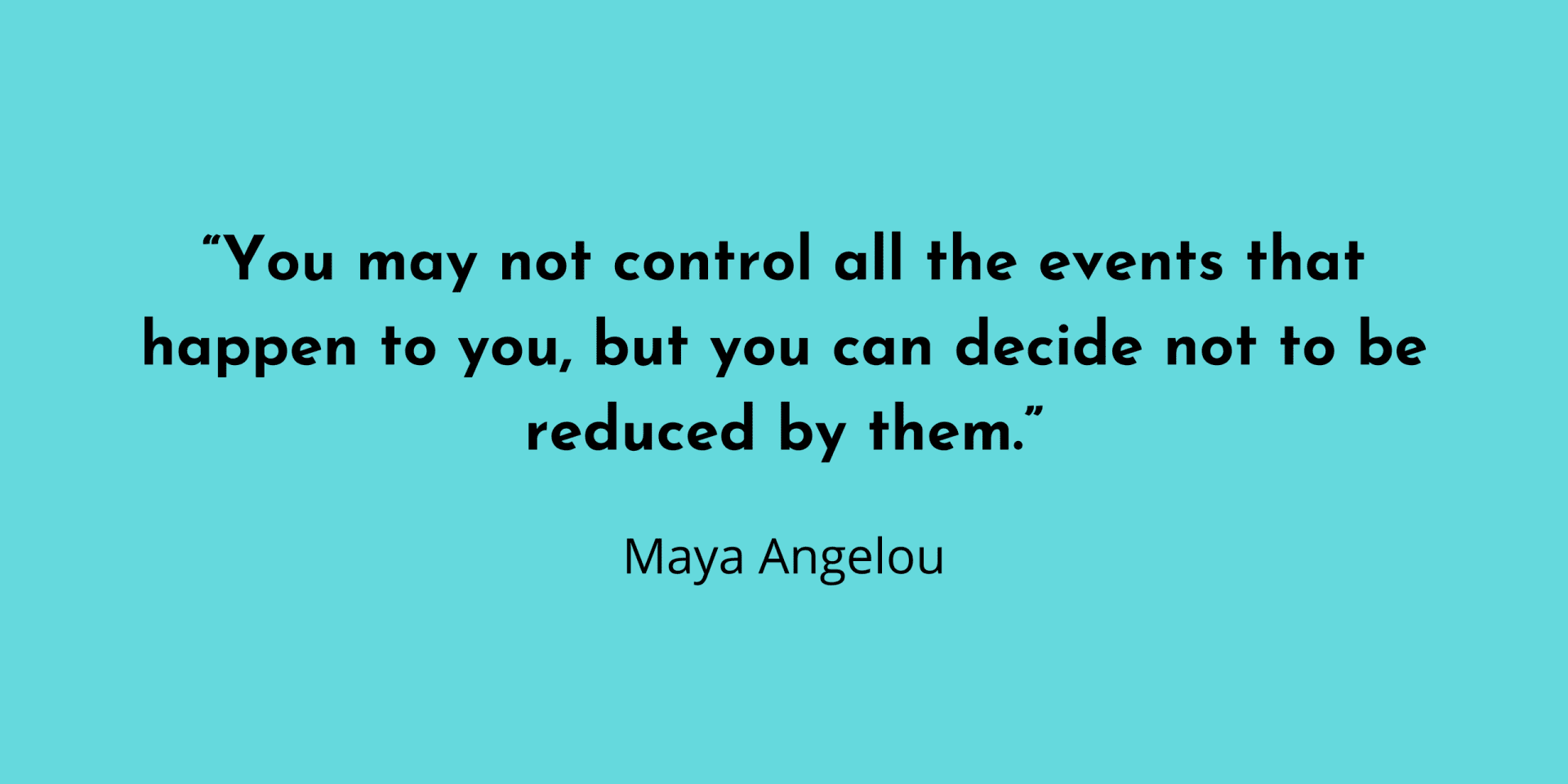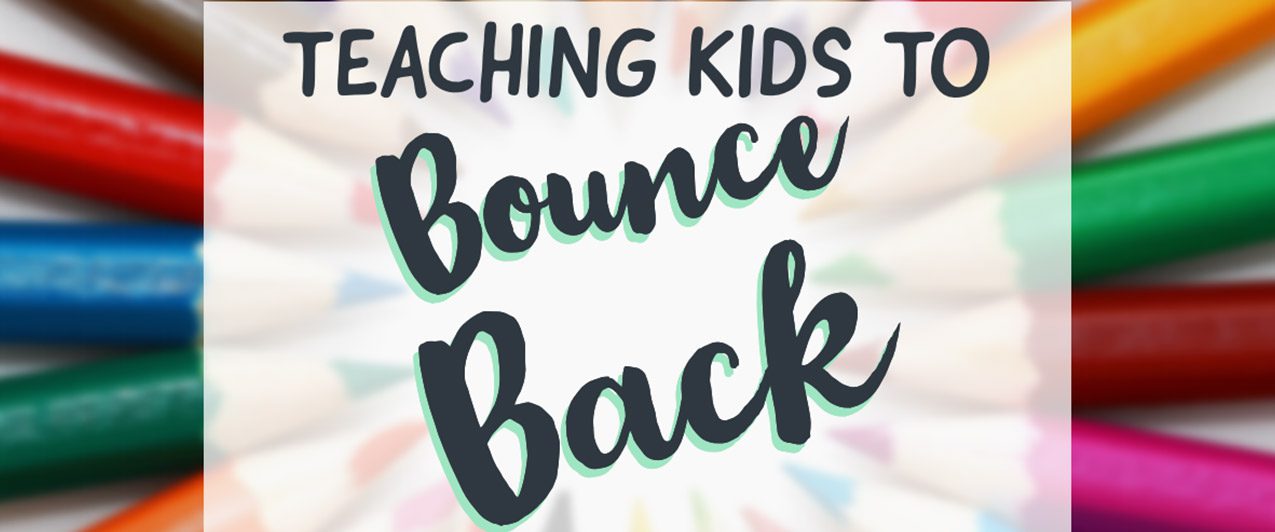
Gratitude in the Unexpected
When you choose to only focus on what you expected to achieve or what you wanted to occur, a mindset shift for gratitude helps you notice the learning and opportunities that can come from life’s detours.
When I was travelling to BC, I expected that my holiday would be stress free – a time to relax and have fun.
Then the detour happened…my purse with all my ID was stolen. I was sad, angry, disappointed and overwhelmed.
Awhile later my mum suggested I write 3 things I could be grateful for from this disheartening incident.
I was shocked. What could I possibly appreciate?
I decided to give it a try.
I took pen to paper and wrote:
1. The kindness and generosity of the people around me who wanted to replace the items in my purse.
2. My brother-in-law (a police officer) immediately started to find ways to get me new identification so I could board the plane home.
3. A fun shopping trip with my mum to replace my purse.
When I chose to focus on what I appreciated rather than what I expected, a mindset shift for gratitude made it easier to let go of the tough emotions I was experiencing, and I was able to bounce back much quicker than I normally would.
Next time your child is facing a challenging time or a tough emotion, ask them to write or tell you 3 things they are grateful for to help them bounce back to move forward.
This is what I know: A mindset shift for gratitude works – not only for kids but also adults!
Until next time…



